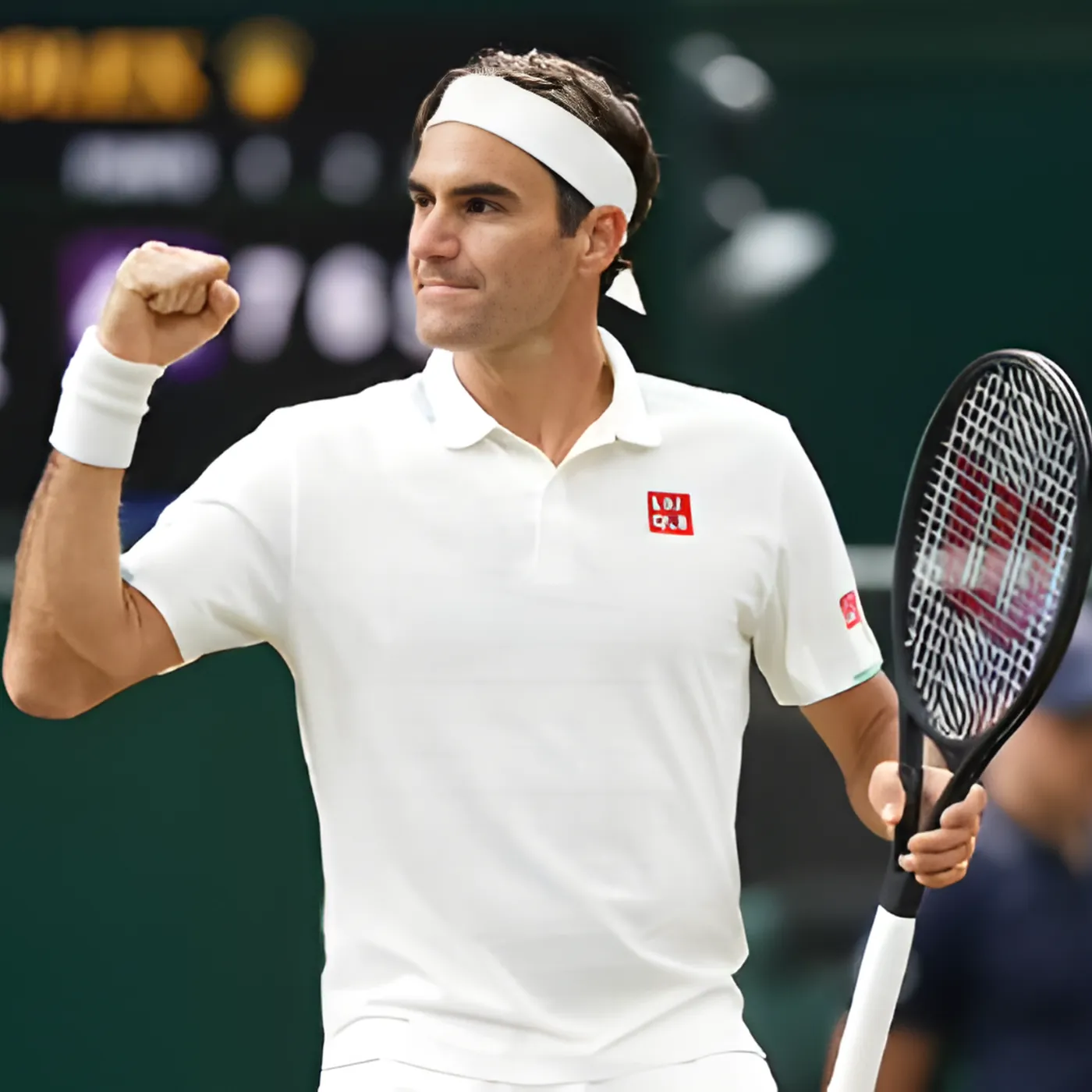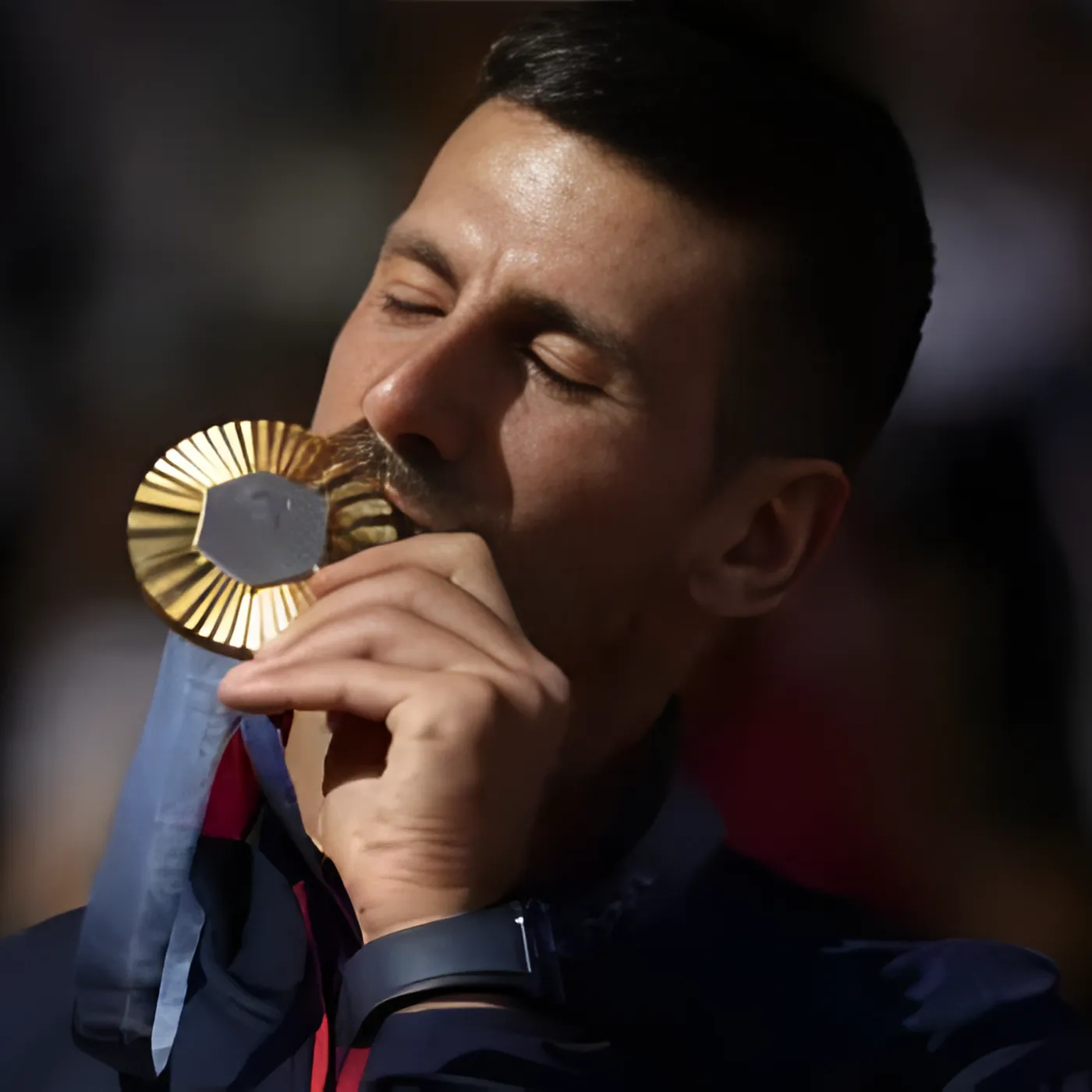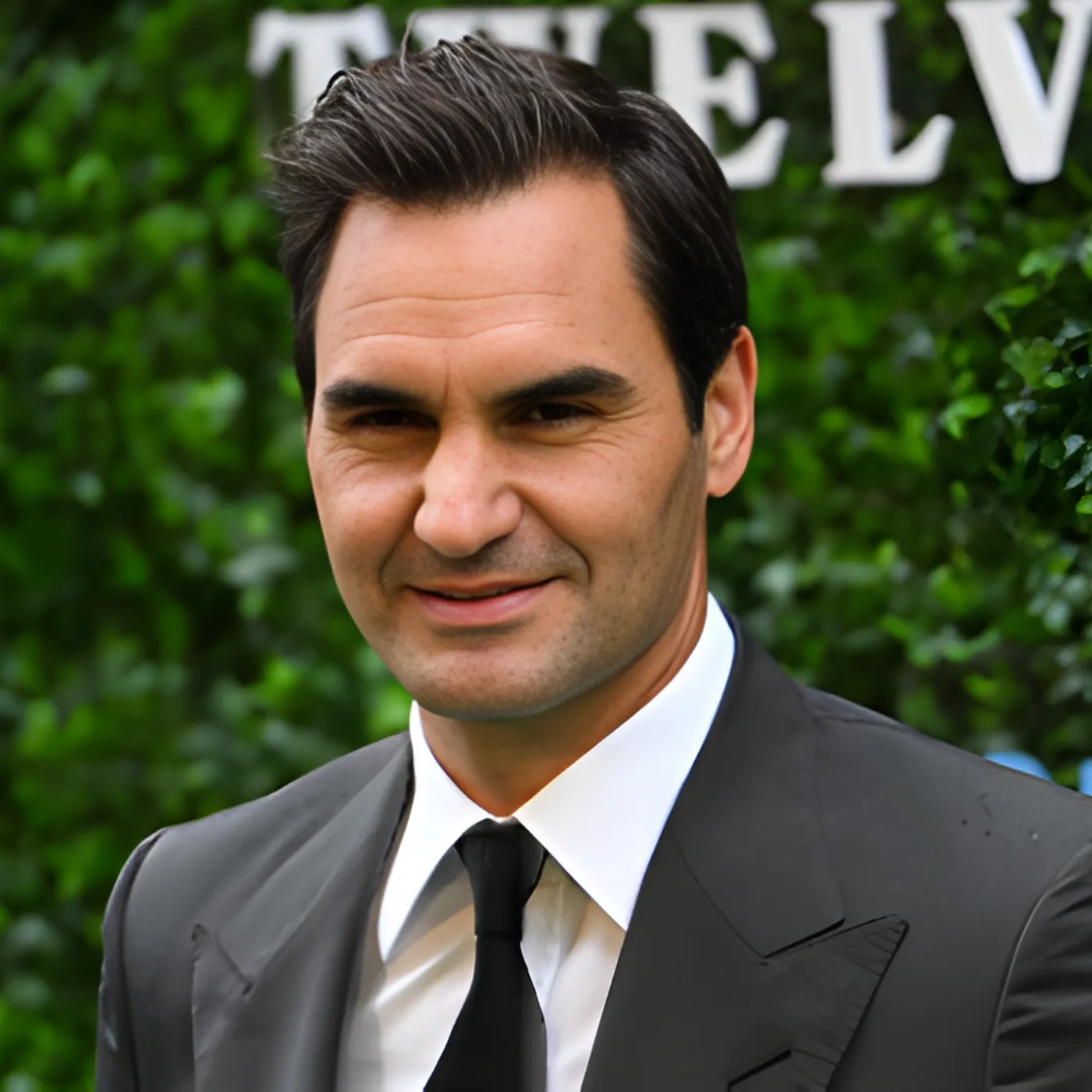
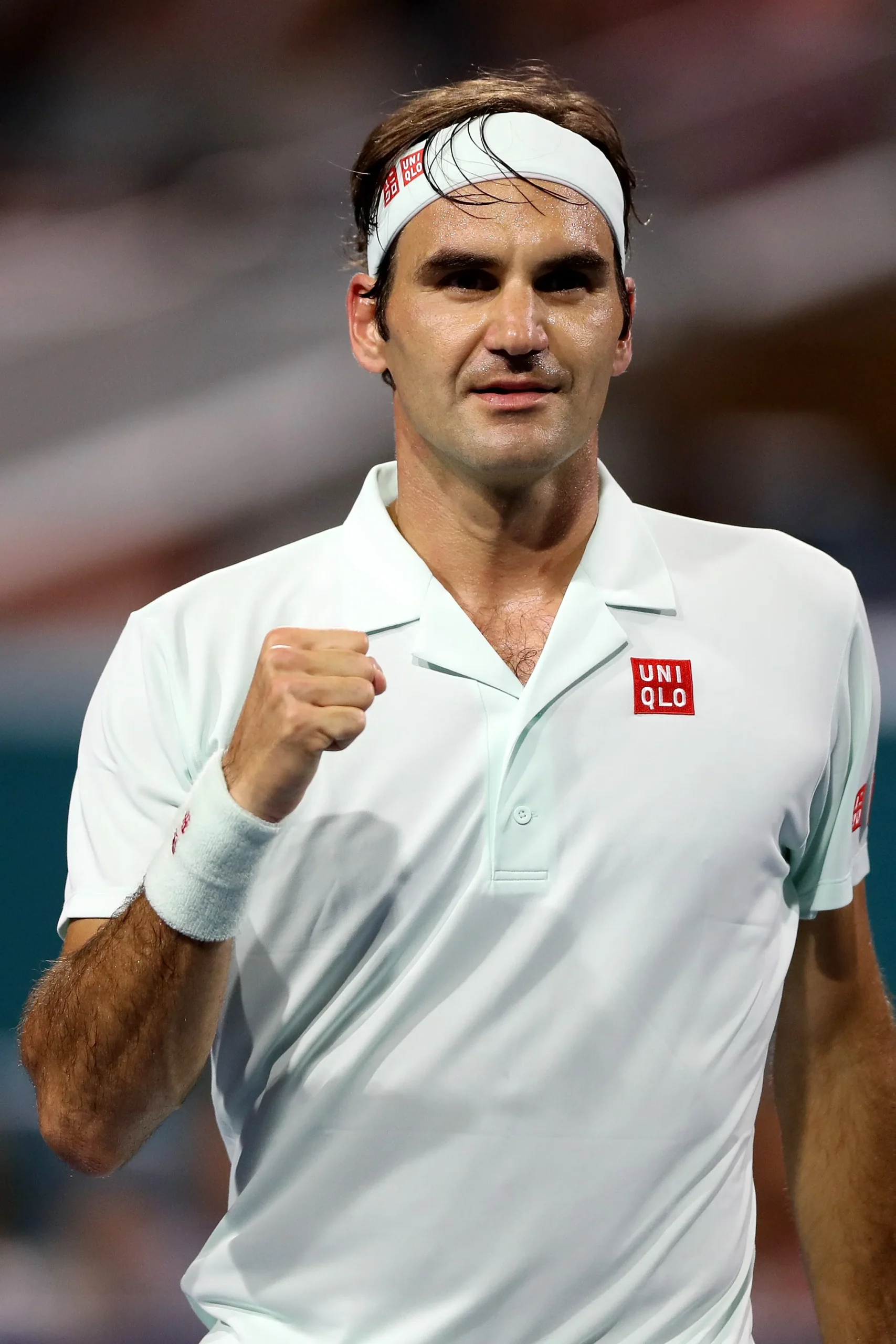
Nick Kyrgios Stuns Fans With Bold Statement on Roger Federer’s Legacy — Crowning Him the True King of Tennis
When Nick Kyrgios speaks, the tennis world listens. Known as much for his fiery temper and showmanship as his undeniable talent, Kyrgios has always stood out as one of the most intriguing figures in modern tennis. But recently, the outspoken Australian shocked fans and reignited a global debate with a bold statement about Roger Federer’s legacy, calling him the true king of tennis. The comment has not only sent ripples through the tennis community but also reignited conversations about who really deserves the crown in the sport’s greatest-of-all-time debate.

The Legacy of Roger Federer
To understand the weight of Kyrgios’s claim, one must revisit the towering career of Roger Federer. For two decades, Federer defined tennis with a combination of elegance, power, and consistency that few have matched. His 20 Grand Slam titles, record-breaking weeks as world number one, and unforgettable rivalries with Rafael Nadal and Novak Djokovic turned him into more than just an athlete — he became a global cultural icon.
Federer was not only a winner but also an ambassador for the sport. His style of play, often described as effortless and poetic, inspired generations of players and drew millions of new fans to tennis. Whether he was dismantling opponents with his precise one-handed backhand, commanding grass courts at Wimbledon, or showing grace in defeat, Federer built a reputation that went beyond trophies. He symbolized the beauty of the game itself.
Kyrgios and Federer: An Unlikely Admiration
Despite being known for clashing with authority figures and at times dismissing tennis legends, Nick Kyrgios has always expressed a unique respect for Federer. From his early days on tour, Kyrgios acknowledged that Federer represented something larger than life. Even during matches where Kyrgios himself played against Federer, the Australian admitted to being mesmerized by his opponent’s aura and skill.
This respect stands in stark contrast to Kyrgios’s often abrasive comments about other players. He has publicly criticized Djokovic’s celebrations and Nadal’s routines, but when it comes to Federer, Kyrgios seems to drop his defensive guard. He has repeatedly called Federer the greatest of all time and has often cited him as the benchmark for greatness, regardless of statistics.
The Bold Statement
Recently, Kyrgios once again stunned fans when he boldly proclaimed Federer as the true king of tennis. This remark came at a time when much of the tennis world was leaning toward Novak Djokovic, who has surpassed both Federer and Nadal in the number of Grand Slam titles. With Djokovic holding the men’s record for most Grand Slam victories and Nadal securing his legacy as the “King of Clay,” Kyrgios’s choice to still elevate Federer struck many as both controversial and deeply telling.
According to Kyrgios, statistics alone cannot define greatness. He argued that Federer’s influence on the game, his elegance on the court, and his role in globalizing tennis made him incomparable. “Numbers don’t capture Federer,” Kyrgios explained. “He’s not just about titles. He’s about what he did for the sport, for fans, and for players like me who grew up idolizing him.”
Why Fans Resonated With Kyrgios’s View
Kyrgios’s words sparked debates across social media, with fans passionately weighing in on the ongoing GOAT debate. Many supported the Australian’s sentiment, noting that Federer’s legacy transcends mere victories. For countless fans, Federer represents a golden era of tennis — a time when the game combined artistry with fierce competition, and when every Federer match felt like an event in itself.
The notion of Federer as the true king of tennis appeals to those who value the intangible qualities of sport: grace, influence, and inspiration. Federer’s global reach, from children imitating his strokes to sponsors lining up for his endorsement, positioned him as more than just a champion. He became the face of tennis, the player even casual sports fans knew by name.
The Numbers vs. The Narrative
Of course, not everyone agreed with Kyrgios. Many pointed out that Novak Djokovic’s dominance in recent years has been unparalleled. Djokovic holds the record for most Grand Slam titles, most weeks at world number one, and has head-to-head advantages over both Federer and Nadal. By pure numbers, Djokovic’s claim to the throne is undeniable.
Yet Kyrgios’s statement highlights an important distinction: greatness is not only about statistics. Federer’s influence on tennis culture, his role in elevating prize money and global interest, and his ability to make the sport aesthetically pleasing carry weight beyond numbers. For many, Federer is not just the GOAT by talent, but the king of tennis by spirit.
Kyrgios’s Own Complex Legacy
Kyrgios himself is no stranger to controversy. His career has been marked by moments of brilliance — wins over the very best players, spectacular shot-making, and an ability to captivate audiences — yet also marred by inconsistency and disputes with officials. Despite this, Kyrgios remains one of the few players who can command attention off the court as much as on it.
By championing Federer as the true king, Kyrgios also reflects his own complex relationship with tennis. He has often admitted to struggling with motivation, mental health, and the relentless grind of the tour. In Federer, he sees an athlete who not only thrived under the spotlight but elevated everyone around him. Kyrgios’s admiration may stem from recognizing in Federer qualities he himself has struggled to sustain.
The Cultural Dimension of Federer’s Greatness
One of the strongest aspects of Federer’s claim to tennis royalty is his cultural significance. Federer transcended national boundaries, earning adoration in every corner of the world. He became a symbol of sportsmanship, with his polite interviews, emotional victories, and gracious defeats.
Federer’s legacy also includes philanthropic work through the Roger Federer Foundation, which has funded education initiatives for children in Africa. This humanitarian side of Federer only added to his aura, turning him into not just a champion of the court but also a role model beyond it.
For Kyrgios, whose own career has sometimes been criticized as self-destructive, Federer’s model of global influence stands as a sharp contrast and perhaps even a guiding inspiration.
The Future of the GOAT Debate
The conversation about who is the greatest in tennis may never end. Djokovic’s relentless pursuit of records, Nadal’s dominance on clay, and Federer’s artistry all provide unique claims. But Kyrgios’s declaration reminds us that greatness is about more than numbers; it is about impact, legacy, and inspiration.
For younger fans and players who grew up in Federer’s era, his shadow will always loom large. And for Kyrgios, a player who thrives on passion rather than statistics, Federer’s crown as the true king of tennis feels indisputable.
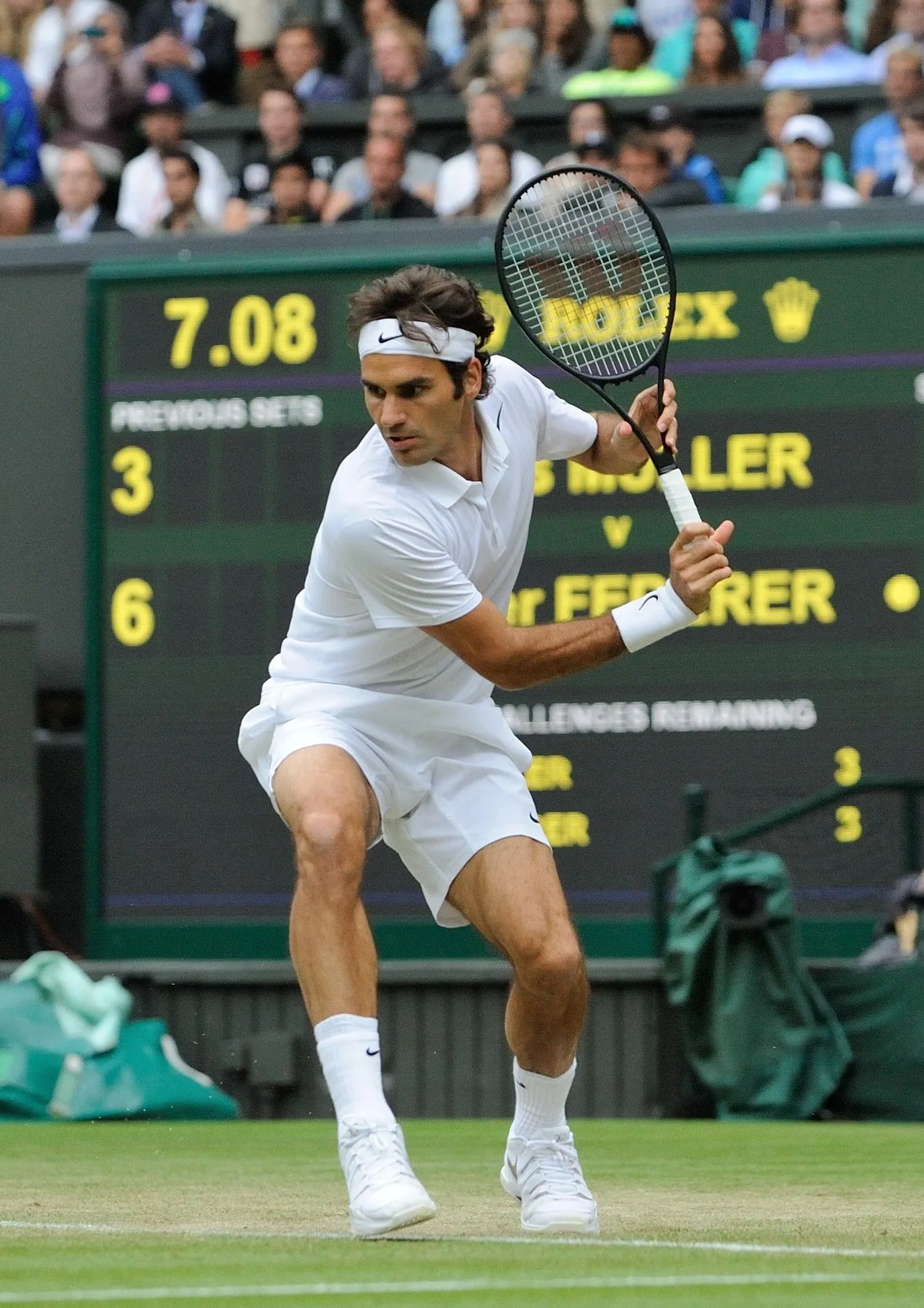
Conclusion
Nick Kyrgios’s bold statement has reignited one of the most passionate debates in tennis history. By crowning Roger Federer as the true king of tennis, Kyrgios challenges the conventional wisdom that numbers alone define greatness. Instead, he points to Federer’s unmatched influence, his elegance on the court, and his global appeal as the reasons why he still reigns supreme.
Whether one agrees or not, Kyrgios’s words underline an essential truth: Federer’s legacy is not just written in record books but etched in the hearts of millions. And perhaps that is why, long after the debates settle, the image of Roger Federer gliding across a grass court will endure — the eternal king of a sport he helped define.








